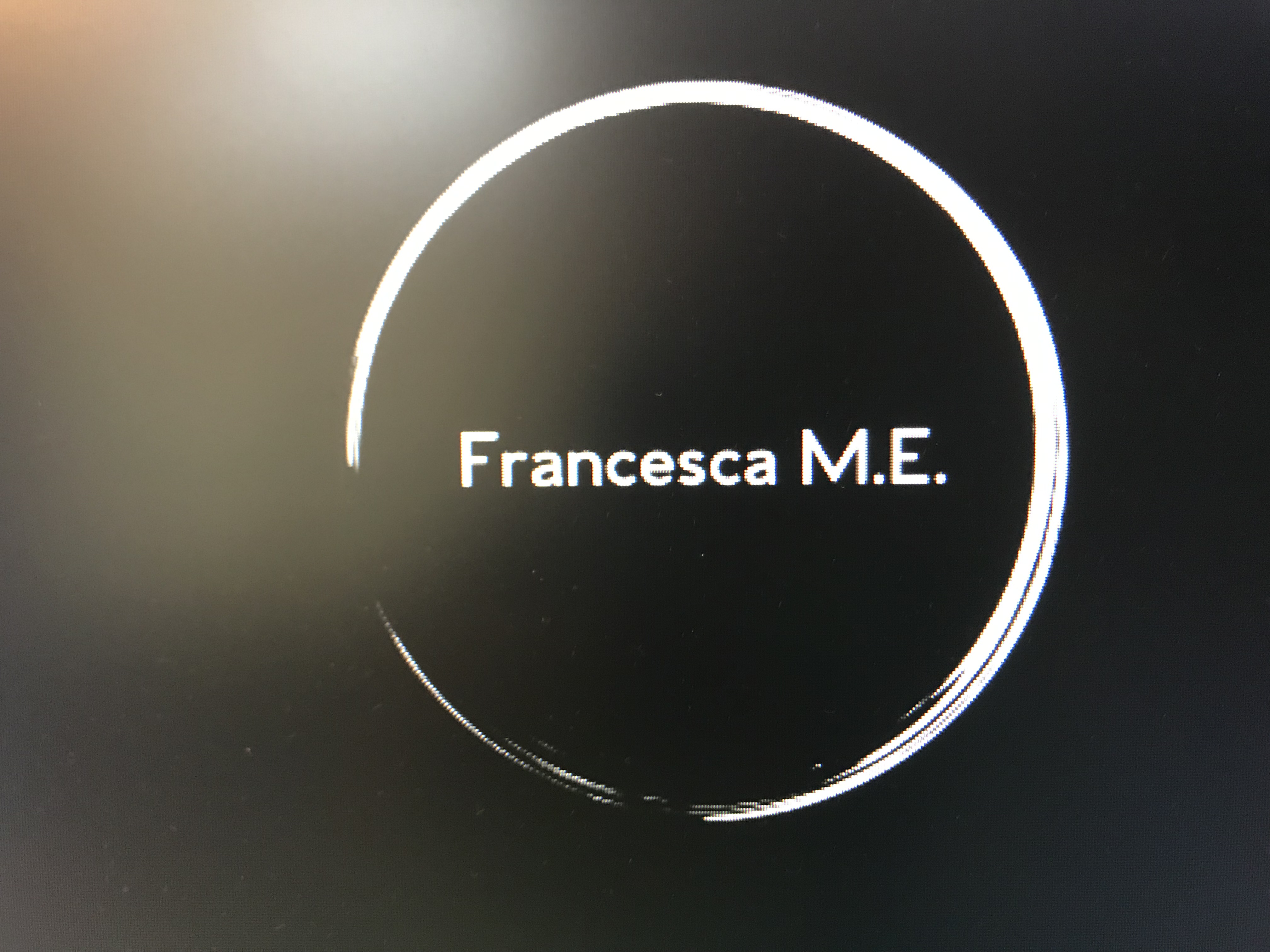Tell Your Story
I once asked my younger sister about an event that happened when she was a pre-teen/teenager. She said she had no recollection of anything before she was 18. Did she have a traumatic event that caused that? I don’t know. She never told me about it. But it made me wonder why. My curious mind wants to know because she’s my sister, and there’s something wrong there.
Sadly, I have no relationship with her for several years now. I offered a solution to all my siblings to get mental help therapy, like I did, given we all suffered as children. I wrote it in a letter and said doing that would help us have healthy relationships. Is it possible my loving attempt was thwarted by our mother talking about me in a negative way to my siblings and persuading them that I was not worth their time – or something like that, you know, afraid to tell their stories? I’m not sure, but I haven’t spoken to most of my siblings since then.
The simple answer to this situation is that they are afraid to tell their story.
When you tell your story, you own up to who you are: the good, the bad, and the ugly. You can’t run away from yourself when you tell your story. It’s right there in front of you when you tell your story. If we hold our stories inside, it creates a dam-like effect of memories, good and bad, misguided beliefs, and resentment. Suppose you let it go too long, where you don’t share your thoughts, and the dam breaks. That’s when we have meltdowns. We blame the thing that’s happening at that moment that may have “triggered” something, but that’s not all of it.
When we’re afraid to tell our story, the weight of that burden gets to be too much. We become a little grouchier, filled with anger, and justify it with an entitlement attitude, where some may believe I’m right and you’re wrong.
Did you ever tell someone something, like a good friend or trusted family member, and you felt lighter afterward? You let some of that water trickle over the dam, releasing the pressure built up. All of a sudden, life is manageable again. People who tell their stories probably go through life a little lighter. That’s how it felt to me when I started this blog and shared my life. I didn’t have a choice; my dam was so full it was ready to burst open, and then what? I didn’t want to find out.
I elected to tell my story. Was I afraid of being judged and ridiculed? Of course! Did I worry that people might perceive my writing content as negative and too heavy? Oh, yeah. But I pushed those irrational thoughts over the dam and told my story anyway, and I am happier I did! I realized I had a lot to share that may help another person feel okay to tell their story.

Tell your story when you’re with a friend and want to have a closer relationship.
Tell your story in a journal. Writing down or recording thoughts helps us clarify our joys and struggles.
Tell your story when someone (you know) asks, “How are you doing?” I don’t mean answering with the movie version, just a few seconds of honesty. “I’m doing well, but I’m struggling with finding a new job using my communications degree.” You’ll never know if that person holds the key to opening a new door if you don’t share your story.
Tell your story briefly and to the right person. You have to be careful who you share your story with. The more you respect and love yourself, the easier it will be for you to tell your story and know who to tell your story to.
Tell your story to help others.
If we keep all our angst and frustrations inside of us, we’re looking for trouble. It could be in the form of an illness, pain from inflammation, or depression.
I don’t know where this idea of worrying about what someone else thinks came from, but it’s got to be eradicated from our lives – pronto!
I lived many years doing that, and I was not a happy camper. How could I (or anyone) be? Instead of thinking great thoughts about ourselves, we focus on what we think other people are thinking about us. Just typing that gives me pause. I’ve never written those words before. It sounds exhausting. We know we’re not mindreaders, but we worry anyway. Wow!
I give everyone permission to STOP thinking for others and tell your story. You’re the only one of you in the world, so embrace that and share your story.
You are unique, deserving of love, and are good enough.
I’m not suggesting we turn into a bunch of chatterboxes that walk around annoying everyone by telling all our stories – or making up stories to get attention. I mean just getting out the thoughts that burden us in any manner (writing, journaling, talking) instead of letting them fester and creep up on us, causing overwhelming and anxious thoughts. Irrational thoughts can consume us if we don’t address them head-on.
You’ll know you’re sharing your story when:
You feel lighter inside and can focus on what’s important to you now.
You’re assertive and ask for what you want with kindness and confidence.
You respond to negativity with healthy thoughts. (Like if you find out someone was talking about you, you respond (if you decide to) by knowing there’s nothing to fear. Express how you feel kindly, and move on with your day.)
People respond warmly to you.
You attract goodness and good people.
Thank you for reading this, and I hope I’ve offered some ideas that enrich your life. We all came through experiences. It’s how we process them in our minds that makes the difference between a nice life and a great, happy life. What are the ways you tell your story that make you feel good?
To telling your story,
Francesca
